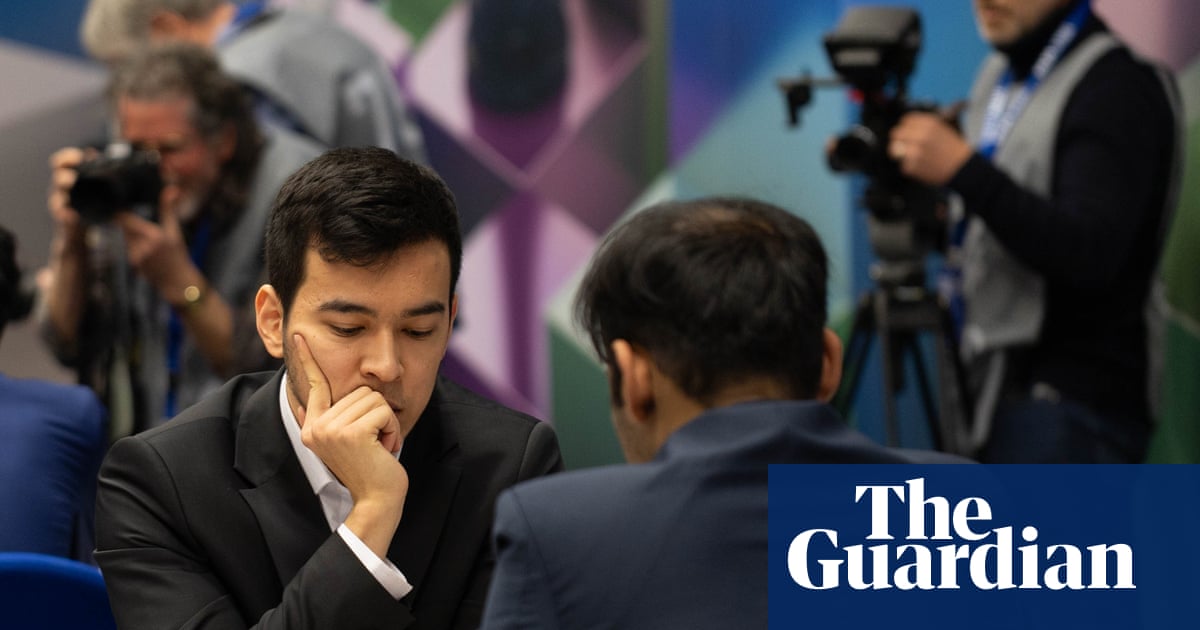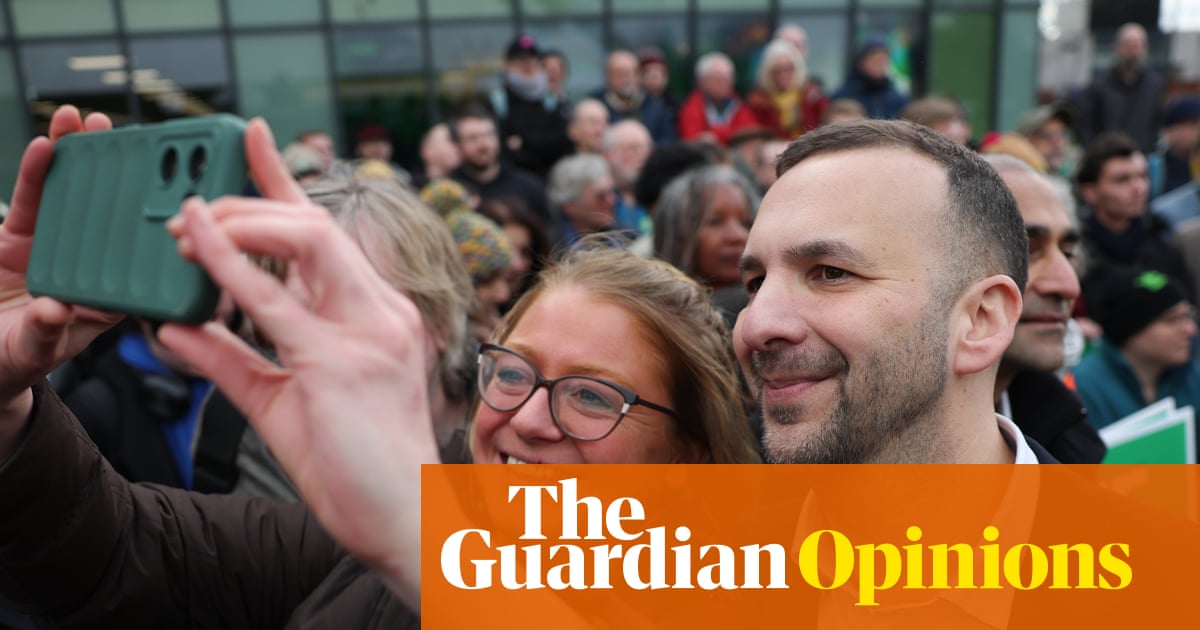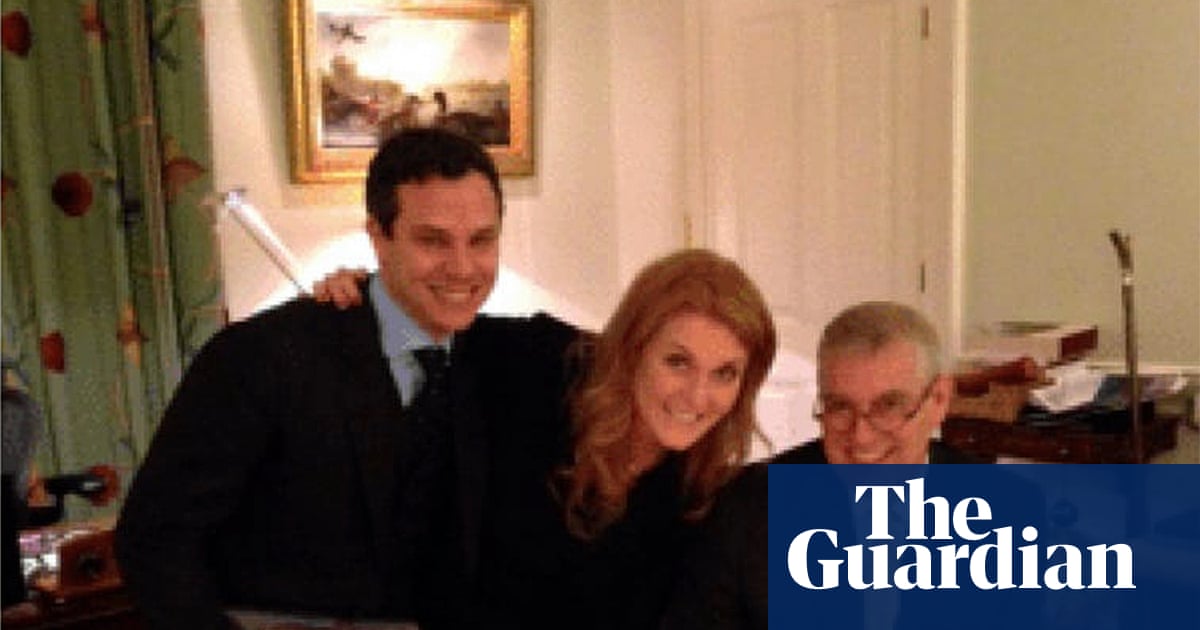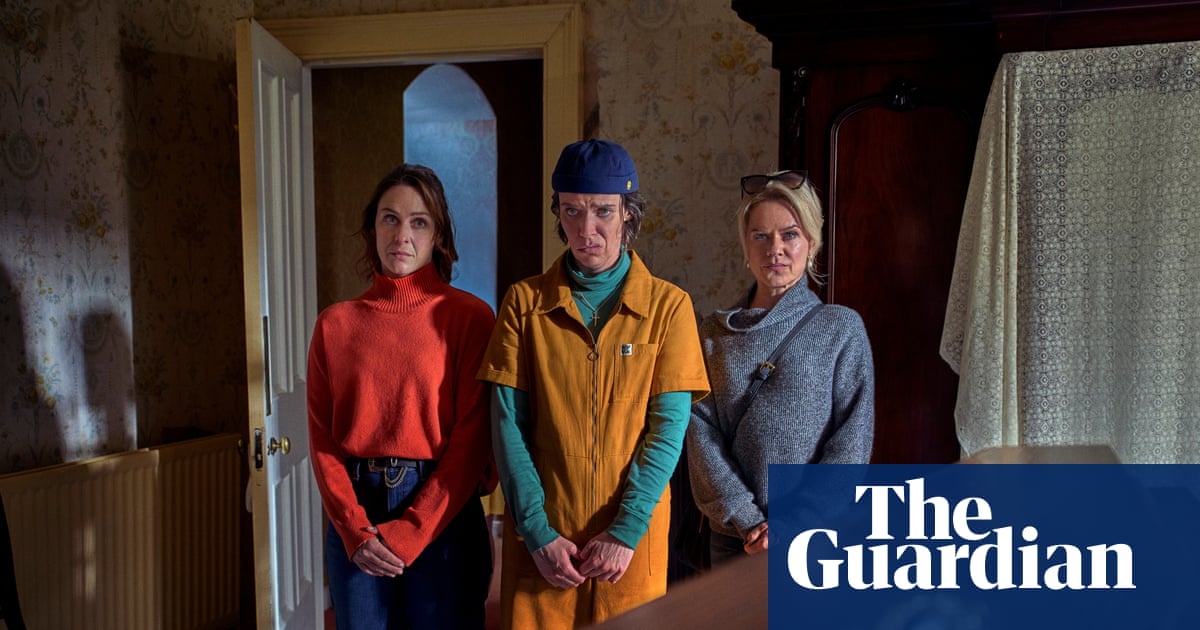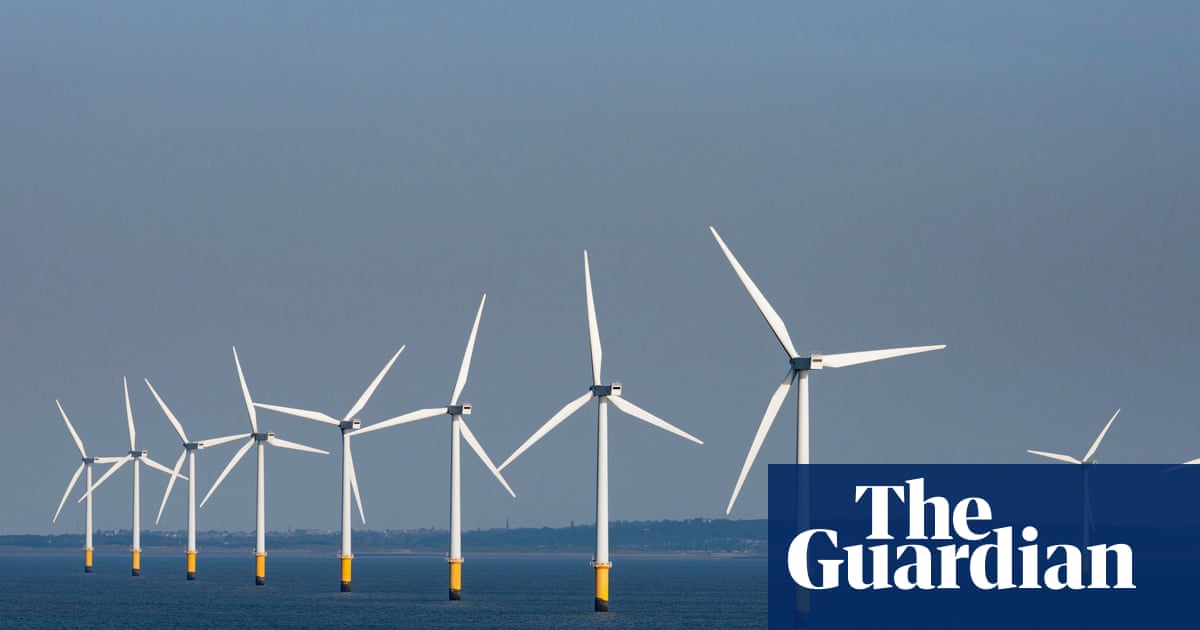Britain is broken and nothing can ever get better. It doesn’t sound like a winning election slogan, but the sentiment is increasingly taking hold in politics and the media. The rise of Reform and the rightwards shift of the mainstream parties has made doom-spreading a sport, with GB News and Nigel Farage taking turns to pick which shadowy forces – migrants, welfare or wokeness – are wrecking the country.
Conservatism once embodied national pride and preservation, but the new right is selling despair and destruction. The very people who have long accused leftwingers of “talking Britain down” now speak of “no-go areas” and of migrants raping young women. The Labour party under Keir Starmer has not exactly been soaked in optimism either, arguing that disability cuts are inevitable while wealth taxes are impossible.
This pessimism even extends to casting doubt on anyone who dares offer a bit of hope. Darren Jones, one of Starmer’s most influential ministers, told the Guardian last week that the Green party is making unfeasible promises ahead of the next election. “It’s their responsibility to explain to people how they would actually choose what to do if they were in government, as opposed to just promising things that are undeliverable,” he said.
The remark gives an insight into how Labour will respond as the Greens start to look like a viable electoral threat under Zack Polanski. But it also sums up the double standard that dogs politics: leftwing policies are typically portrayed as unrealistic and childish, while the centre and right’s ideas are framed as sensible and all that’s possible.
When leftwing politicians make the case for better living conditions for ordinary people, they have long been met with accusations that their pledges are “undeliverable” (or when things get really hysterical, that they’re a communist spy). Policies that favour the interests of the working class are routinely dismissed as a fantasy, whereas those that push wealth and power towards the rich come to be seen as a realistic status quo.
This is not to say that redistributive or climate-related policies should be immune to critique or that the left as a movement has always covered itself in glory. But it is to say that there is a bias against leftwing ideas – and those who promote them – which means they are more likely to be dismissed as naive, incompetent or too costly.
To see this in action, just look at the handling of the two-child benefit limit. Introduced by the Conservatives in 2017, the policy is by any measure a moral and economic failure: from being a key driver of (increasingly expensive ) child poverty to putting women through distressing rape exemption rules.
On Tuesday, the chancellor, Rachel Reeves, gave a hint that she plans to finally scrap it. But this possibility only comes after renewed pressure from 100 civic organisations and after 18 months of the government claiming it was unaffordable, with Starmer going as far as suspending Labour MPs who stood against the policy.
The mess gives an insight into how hard it is for the left to lobby for any sort of progress, even (or especially) when it’s with its own side. Or, to put it another way: Britain has a Labour government at last and we are still arguing whether children should go hungry.
That such a thing is a “debate” is depressing. Yet the truth is, it is a good day if the left is allowed to join in the conversation. While the hard right manages to paint mass deportations as a mainstream idea, leftwing – or even centre-left – thinking is routinely excluded from public discussion. Research by Cardiff University found Reform featured in a quarter of all BBC News at Ten bulletins between January and July this year, whereas the Liberal Democrats – the third party in parliament with 14 times the number of MPs as Reform – featured in just 17.9% of bulletins. Meanwhile, Farage’s party was referenced in just under 20% of ITV News at Ten bulletins, compared with just 6.2% for the Lib Dems.
after newsletter promotion
The result is a political system rigged against any real change and unable – or rather, unwilling – to address the mounting problems facing society. At a time when the public are struggling with high private rents, rising unemployment, and poor public services, the hard right are offering simple answers. But mainstream parties who merely tinker around the edges will be ill equipped to provide the complex solutions necessary for the scale of the crisis.
The growth in support for the Greens and Zohran Mamdani’s recent mayoral victory in New York suggests voters are beginning to question the idea that positive change is unattainable. Policies that are dismissed by the establishment as radical and unworkable, from rent controls to nationalised energy (both of which the majority of Britons support), are seen by much of the public as mainstream and logical.
That’s the thing about the narrative that Britain is falling apart. There are indeed many problems facing the country. But rather than immigrants and disabled people, the culprit is a social and economic structure that needs transforming. Most voters don’t need convincing the system is broken – they need inspiration that it can be fixed. The ideas dismissed as “undeliverable” are the very ones we most require.
-
Frances Ryan is a Guardian columnist

 2 months ago
69
2 months ago
69




